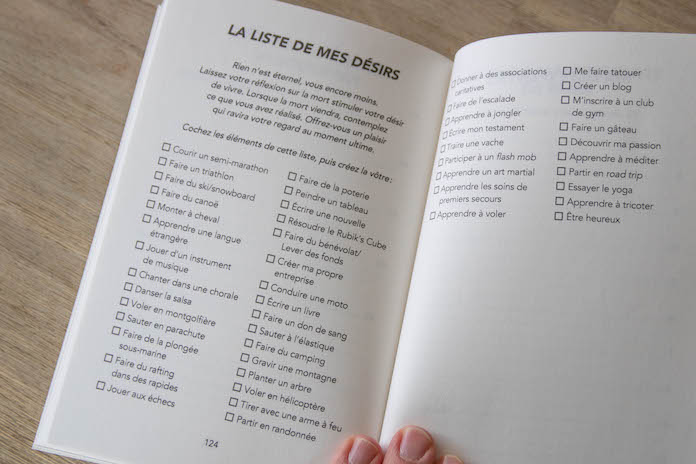
“It becomes very bad to be labeled a book burner, but it’s not necessarily considered bad to just clear out whole shelves of books from a public institution,” Fishburn says. government participated in this effort, it did so with a consciousness that it was better to quietly pulp the undesirable books than to burn them publicly. In 1945, after the Allies defeated the Nazis, Berlin saw another round of what was described as a “literary cleanup” - this time an anti-Nazi one - that TIME noted was “not quite like Goebbels’ book-burning but yet it was quite like it.” In general, though the U.S.

If you don't get the confirmation within 10 minutes, please check your spam folder. Click the link to confirm your subscription and begin receiving our newsletters. When that truth became clear, the modern power of book-burning was reinforced - as was the idea that to be the one burning the books was a sure sign of villainy.įor your security, we've sent a confirmation email to the address you entered. But the Nazi authorities really were out to close off society to certain ideas, and they were unfortunately far more successful at it than many expected. Some authors initially felt pride to have been included in such a bonfire, and Fishburn says that some book lovers in English-speaking countries expressed a certain wistfulness that in Germany books were thought to hold such power. That is perhaps, he says, why it took a little while for the wider world to understand what the Nazis were up to. “Books were in such multiples, thanks to industrial book production,” Fishburn explains, “the idea that you could get rid of the books you didn’t like seemed impossible.” According to Fishburn, by the time of the Nazi book-burning, in some ways the practice would have seemed “weirdly anachronistic,” a holdover from an earlier time when burning a book could have actually made a difference in what people knew. In 1817, for the 300th anniversary of Martin Luther’s launching of Protestantism, students held a major burning of “Un-German” books. Holocaust Memorial Museum points out in its record of that moment in 1933, Germany’s history of burning books didn’t start with the Nazis. (What TIME called a “bibliocaust” Knuth has called “libricide,” which she uses to describe the 20th-century phenomenon of “large-scale, regime-sanctioned destruction of books and libraries” within “a framework of genocide and ethnocide.”)Īs the U.S. Although books had always been (and still are) incidentally destroyed or stolen in times of conflict, it was only later that their destruction gained greater symbolism, even as they became easier to replace. Whereas hand-written manuscripts that predated movable type were more valuable for their scarcity, relatively few people had access to them and not everyone understood just how much the distribution of knowledge could change world events. And when you're finished, toss it, hide it, or Burn After Writing.“The old goes up in flames, the new shall be fashioned from the flame in our hearts,” Nazi propaganda minister Joseph Goebbels told the crowd then, as TIME reported.Īs the scholar Rebecca Knuth explained to last year, the path to that moment in 1933 in some ways starts with the printing press and the subsequent spread of mass media. This is not a diary, and there is no posting required.
#BURN AFTER WRITING BOOK SUMMARY FREE#
Whether you are going through the ups and downs of growing up, or know a few young people who are, you will flourish by finding free expression-even if through a few tears! Push your limits, reflect on your past, present, and future, and create a secret book that's about you, and just for you. Imagine instead of publicly declaring your feelings for others, you privately declared your feelings for yourself? Help your heart by turning off the comments and muting the accounts that drive you into jealousy for a few moments a night. Through incisive questions and thought experiments, this journal helps you learn new things while letting others go.

Burn After Writing allows you to spend less time scrolling and more time self-reflecting. This book has made me laugh and cry, filled me with joy, and inspired me.-TikTok user camrynbanks Instagram, WhatsApp, Snapchat, TikTok, VSCO, YouTube.the world has not only become one giant feed, but also one giant confessional. Now with new covers to match whatever mood you're in.


 0 kommentar(er)
0 kommentar(er)
